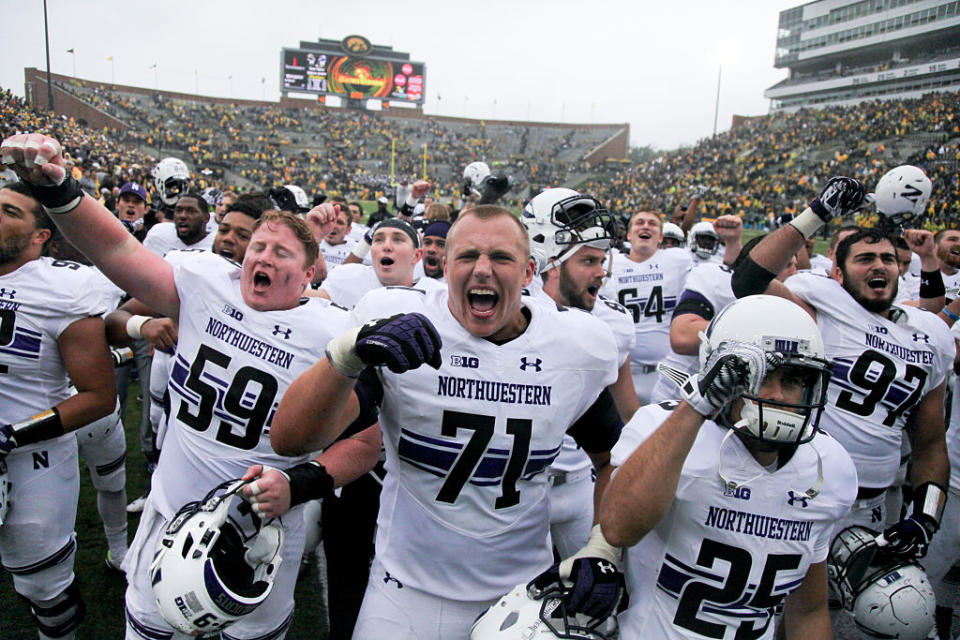NLRB rules players at private universities cannot be banned from tweeting, speaking with media

The National Labor Relations Board (NLRB) declared this week that football programs at 17 private universities, including Notre Dame, Stanford, Northwestern and Baylor, must allow players to post on social media, speak with the media and talk about health and safety issues.
The NLRB governs relations between private employers and their employees and referred to the athletes at these private universities as employees.
According to an article on ESPN.com, which obtained the ruling through a Freedom of Information Act request, this ruling was a result of an August 2015 charge filed by David Rosenfeld, an activist labor lawyer with the firm of Weinberg Roger & Rosenfeld in Alameda, California. Rosenfeld was essentially piggybacking on the 2014 attempt by Northwestern players to form a union. Rosenfeld, who has no affiliation with Northwestern, claimed the school was guilty of “unfair labor practices” as it pertained to football players because of an earlier ruling that classified Northwestern players as employees.
While the main things addressed by the ruling have to do with communication, it’s important to note that this ruling opens the door for compensating players.
In addition to granting players greater freedoms, the NLRB ruling will offer athletes a clear path to bring their issues before an independent agency outside of the organizations that have historically governed college athletics — the universities, the conferences and the NCAA.
So while this ruling did not address compensation for athletes, someone could now file a charge with the NLRB asserting that failing to pay players constitutes an unfair labor practice. After all, if the NLRB — which is led by a five-person board and a general counsel, all appointed by the president — declared that close monitoring of social media is an unfair labor practice, it is an open question how it would view failure to pay players. Until now, the issue has been contested only in antitrust courts.
Representatives for the 17 private universities affected by these labor changes have not yet spoken publicly about the ruling.
– – – – – – –
Graham Watson is the editor of Dr. Saturday on Yahoo Sports. Have a tip? Email her at dr.saturday@ymail.com or follow her on Twitter! Follow @YahooDrSaturday



